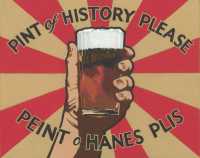Originally posted by Mark J D
View Post
"We all kill horses, but I'm left to attend the boilers when my mates are away at night. They always go up the top to the Grave Maurice" (a publichouse half a minute's walk from the slaughter-house, and about a minute's walk from the gateway of Essex Wharf).
"What time?"
"About twenty minutes after twelve they usually start."
"But the house closes then, does it not?"
"No, not till half-past. They go there and have their refreshment, and bring me some back."


Comment